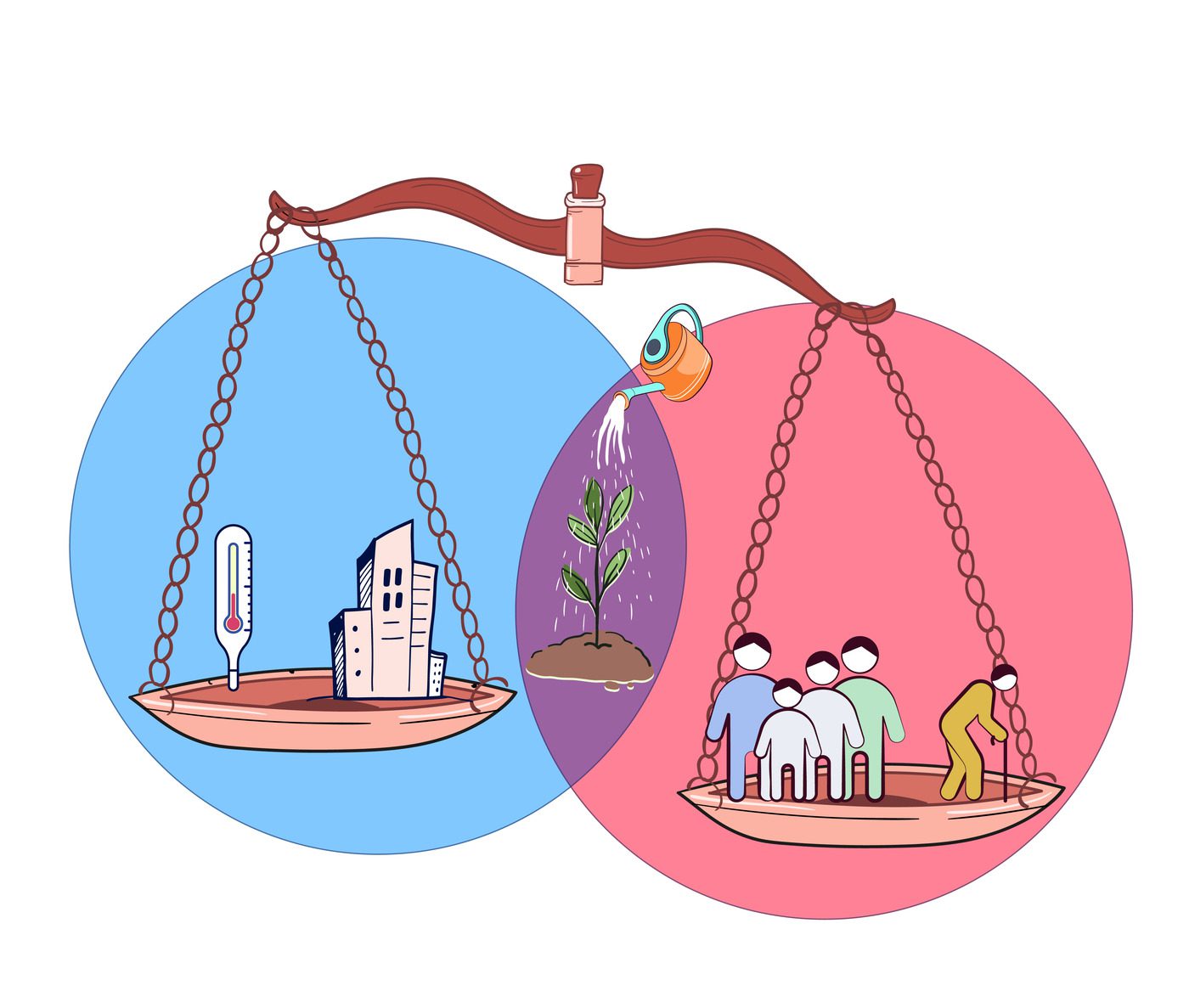Thermal Justice is an emerging concept that seeks to understand and address the risks generated by heat in cities, articulating ecological, technological, and social dimensions. The increase in heat waves, exacerbated by dense urbanization and the uneven distribution of vegetation, does not affect everyone equally: peripheral populations and historically marginalized groups are more vulnerable. Therefore, discussing Thermal Justice also implies discussing Environmental Justice, how the right to thermal comfort and shelter is distributed in urban spaces, and how public policies can ensure equity in the face of the climate crisis.
The panel proposes a dialogue based on experiences from the Global North and South, exploring how trees and urban vegetation can act as living infrastructure to mitigate heat and strengthen socio-spatial equity. To this end, we begin with four fundamental dimensions of justice: distributive, which addresses the fair allocation of resources and benefits such as shade and comfort; recognition, which demands attention to groups historically invisible in urban decision-making; capabilities, which considers not only the provision of goods but also the concrete conditions for individuals and communities to live and thrive; and procedural, which reinforces the importance of participation and inclusive processes in decision-making.
The panel will feature three guest researchers: Lucas Gobatti, an Architectural Engineer from POLI-USP and FAU-USP, a doctoral student at the MIT Senseable City Lab (United States) and ETH Zurich (Switzerland), and a researcher in urban climate and green-blue infrastructure, with work integrating climate modeling, socio-environmental justice, and public policy. Gabriela Alves, a Social Scientist from UNIFESP and a Social Urbanist from Insper, Co-founder and Director of the Instituto Perifa Sustentável, works on social innovation, racial and environmental justice, a just energy transition, and community development in peripheral territories. Rodrigo F. Iacovini, a PhD in Urban and Regional Planning from FAU-USP and a Law graduate from UFC, is the Executive Director of the Pólis Institute, where he coordinates the School of Citizenship, is a member of the Steering Committee of the Federal Government's Resilient Green Cities Program, and serves as a consultant for civil society organizations on strategic planning and institutional assessment processes.
By bringing together interdisciplinary perspectives and diverse trajectories, the panel seeks to broaden the understanding of Thermal Justice as a field of action and reflection that connects the right to the city with the climate emergency, contributing to more inclusive and resilient urban practices.
Free
Registration:
Registrations must be made here.
Selection will be made in order of registration.
Registration will be open until the start of the activity, on site, as long as there are spaces available.


